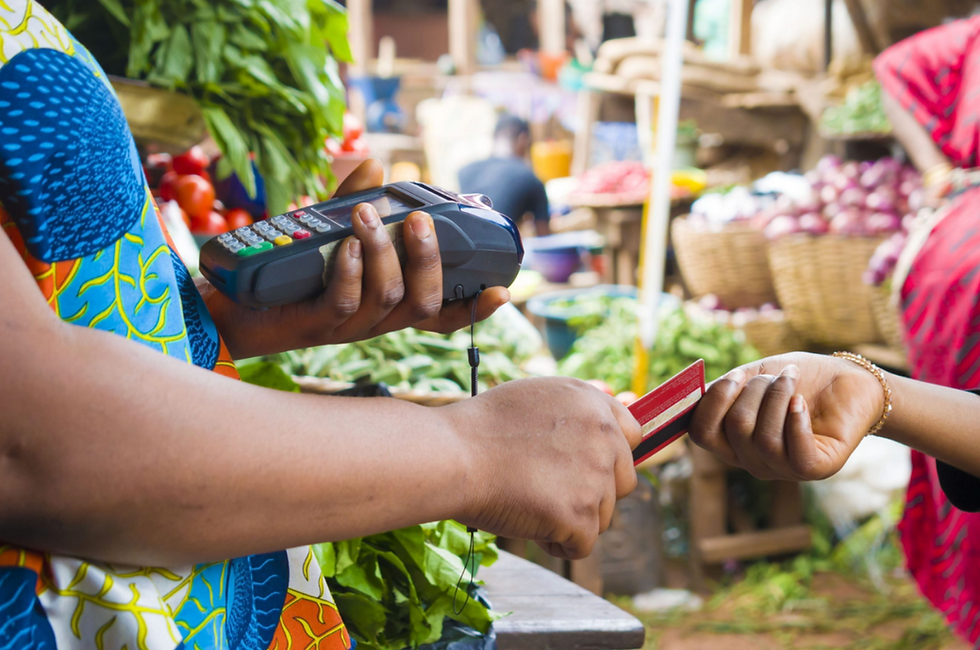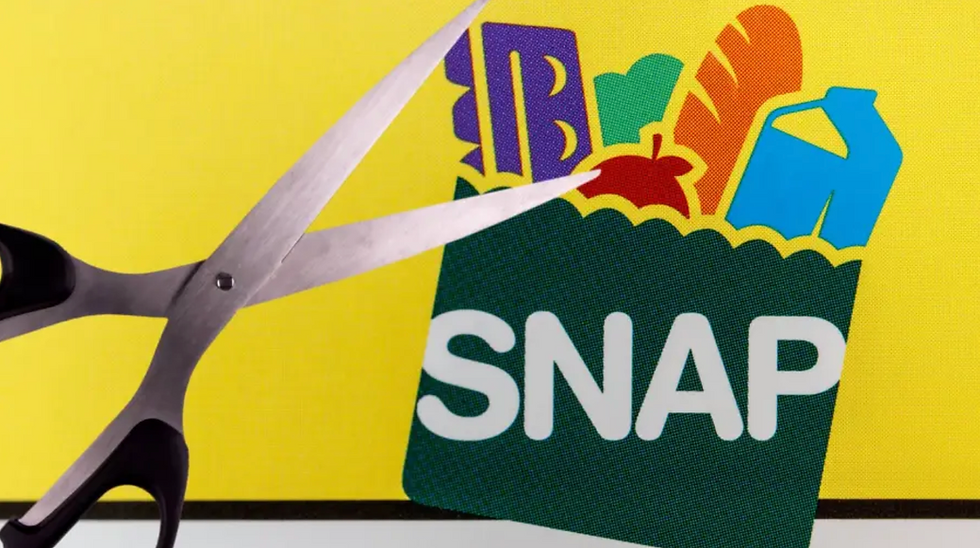On the Road to Syracuse... A Taste of Home: The Food Challenges of Refugees and New Americans in Syracuse, NY
- alisoncohenrtf
- May 10, 2024
- 3 min read
Updated: Sep 9, 2025
May 10, 2024
By Collin Townsend
Collin Townsend is the President of CJT consulting, offering technical support for business owners operating within the food industry. He works with the Salt City Market in Syracuse, NY -- a place where entrepreneurs who are low income, including refugees or immigrants, can be supported to start or grow a food business. Collin is a trained chef and is finishing his master's degree at Syracuse University in the Food Studies program.
In this recent addition to our series On the Road to Syracuse for the Second Annual Summit on the Right to Food, let's delve into the journey of our refugee and new American friends as they navigate the vibrant streets of Syracuse, NY. Beyond the hustle and bustle lies a story of resilience and adaptation, with food at the heart of it all. Imagine leaving everything behind—the familiar smells, tastes, and comforts of home. That's the reality for many who find themselves in Syracuse, seeking refuge and a fresh start. But settling into a new place isn't just about finding a roof over your head; it's about finding a way to nourish both body and soul.

In the melting pot of Syracuse's North Side, we meet folks from all corners of the globe—Somalia, Bhutan, Iraq, Syria, you name it. Each brings a piece of their culture to the table, but the journey to recreate those flavors in a new land isn't easy. Picture this: you're craving that spicy dish your mom used to make, but you can't find the right ingredients anywhere. And even if you could, there's the language barrier and the maze of unfamiliar grocery stores standing in your way. It's like trying to solve a puzzle with missing pieces.
Food insecurity hits hard here, with about 13% of folks in Onondaga County feeling the pinch. But for our refugee and immigrant pals, it's more than just not knowing where their next meal will come from—it's about feeling disconnected from their roots, from the tastes and smells that remind them of home. That's where the real heroes of our community come in. Organizations like the North Side Learning Center and Hopeprint aren't just handing out groceries; they're building bridges between cultures, sharing recipes, and creating a sense of belonging around the dinner table.

But the struggle doesn't end there. There are still hoops to jump through, like finding a job, learning English, and figuring out how to navigate this new world. And when you throw in the challenge of finding culturally relevant food, it can feel like climbing Mount Everest. That's why community gardens and ethnic markets are like oases in the desert, offering a taste of home in a sea of unfamiliarity. They're not just places to buy groceries; they're hubs of culture, where neighbors come together to swap stories and share a meal.
But there's still work to be done. We need more support for programs that cater to the unique needs of our refugee and new American friends, from language classes to job training to access to culturally relevant food. Because when we lift each other up, we all thrive. So, let's keep cooking, sharing, and learning from one another. Because in the end, food isn't just about what's on our plates—it's about the stories behind those dishes, the memories they hold, and the connections they forge.
Sources:
Food Bank of Central New York. Hunger and Poverty Statistics. Retrieved from https://www.foodbankcny.org/our-programs/hunger-policies-and-statistics/hunger-and-poverty-statistics/
United Nations High Commissioner for Refugees. Refugee Population by Country or Territory of Origin. Retrieved from https://www.unhcr.org/refugee-statistics/
Colic-Peisker, V., & Tilbury, F. (2003). "Active" and "Passive" Resettlement: The Influence of Support Services and Refugees' Own Resources on Resettlement Style. International Migration, 41(5), 61–91. https://doi.org/10.1111/1468-2435.00235



